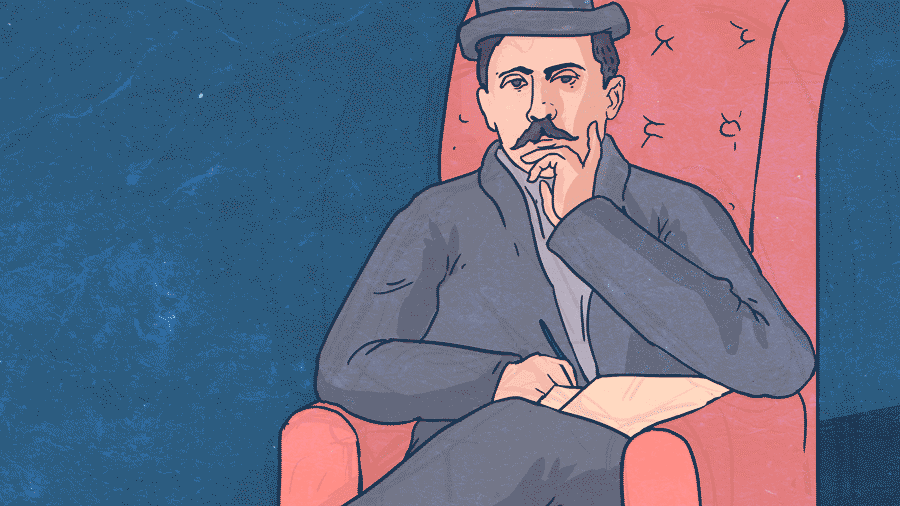Natalia Oberti Noguera was once described by Marie Claire, an international magazine for women, as “the coach.” Last time I chatted with Oberti Noguera, she told me she thinks that there are enough white guy sharks out there investing in other white guys. She also shared that she is a cisgender, queer Latina and encourages “anyone identifying with womanhood” to apply to her angel network, Pipeline Angels, which wants to change the face of angel investing and create capital for underrepresented entrepreneurs.
In this Proust Goes Tech, Oberti Noguera tells us about the book that nurtured the rebel in her, her favorite tweets, and what a human rights technologist once said about her.
Subscribe to the Crunchbase Daily
The interview has been edited for brevity and clarity.
![]()
What would you otherwise be doing right now?
I’m a huge believer in the power of being a multi-hyphenate. I did double major in Economics & Comparative Literature in college. So there’s a chance that I may soon be doing something around helping create a more accessible world beyond what I’m already doing at Pipeline Angels and Pitch Makeover.
Your main fault?
Puns.
Your idea of misery?
Trying to convince people who dehumanize a community of that community’s humanity.
Additionally, as JP Brammer’s tweet says, “I’m sick of ‘turn the other cheek’ rhetoric from people who aren’t being struck.”
What do you appreciate the most in your friends?
When I read Dr. Thema’s tweet, “I hope you find someone who speaks your language so you don’t have to spend a lifetime translating your spirit,” it greatly resonated, and I’m grateful to have a partner and friends with whom I share languages. I’m intentionally using the plural, as I believe it’s possible to learn and know more than one language in relationship—platonic and non-platonic.
Your chief characteristic?
I asked my friend Sabrina Hersi Issa, a human rights technologist, and she said, “When I describe you to other people I first say that you are someone who works hard to live their values and next mention what a great champion you are to others.”
It meant a lot to be reflected back so closely and clearly to who and what I strive to be. It is a daily practice.
Your most impactful book?
A book that influenced me as a kid and nurtured the rebel in me was the comic strip Mafalda by Quino. Mafalda, a six-year-old Latina, is told by her mom to not open the door to anyone before heading out of the apartment and, as her mom is waiting for the elevator, Mafalda peeks out into the hallway, and asks, “But what if it’s happiness?”
What do you look for in a tweet?
Big thoughts made into one-liners. Something that makes me think and do a double-take. Like when Imani Barbarin tweeted: “Disability isn’t on me to overcome it’s on you to include.” Or Keah Brown’s tweet, “What some people need and don’t have is people who will call you in before you need to be called out.”
Also Dominique Derbigny’s tweet: “If you’re talking about race and gender equity without talking about white supremacy and patriarchy…what are you really doing?”
What defines success?
Impact.
When is confidence lost?
I’m more interested in helping create spaces where women, non-binary people, and men of color get a chance to gain confidence in a world that automatically grants confidence to white men.
Which buzzword is exhausted?
“We couldn’t find any women, non-binary people, or men of color to feature.”
What impact do you want to leave behind?
Getting systems to lean in. Scaling my saying, “When the most marginalized are leading, that’s when inclusion happens.”
What’s the biggest problem tech is failing to solve?
White supremacy.
Illustration Credit: Li Anne Dias

Stay up to date with recent funding rounds, acquisitions, and more with the Crunchbase Daily.


67.1K Followers